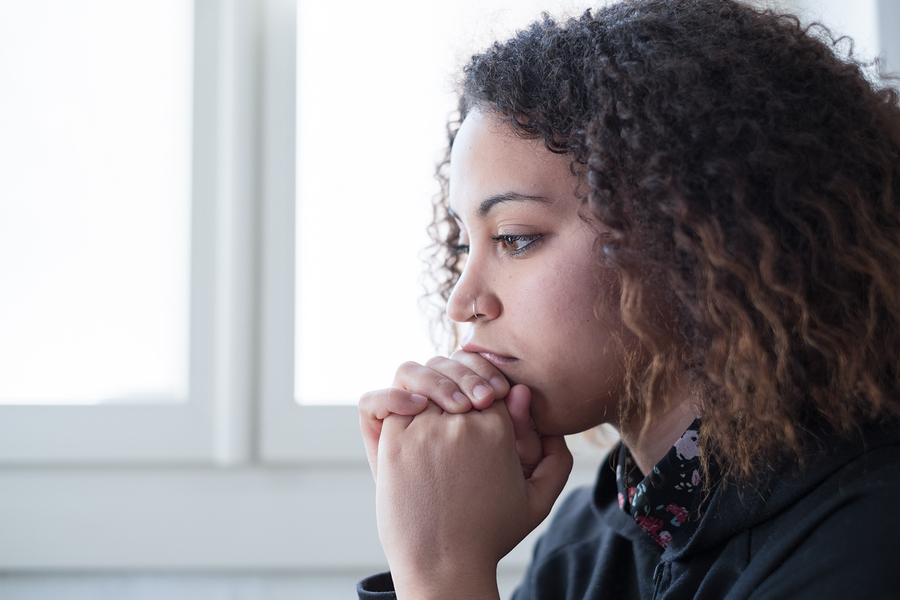
It’s been a difficult few years for my family. We lost my brother to an aggressive form of brain cancer in the fall. Since then, I’ve felt like I’m living in a fog. Grief is so different from what I expected. It reaches out and touches every part of my life, even those parts of my life with no connection to my brother. Nearly six months later, daily life still feels hard. Work is a struggle, motherhood feels impossible, and I’m still not sleeping well.
Up until the last month, I’ve avoided anything intended to make me “feel better” because it felt inauthentic. I attend my church when I feel up for it, which is about 50 percent of the time. I back out of social activities regularly. I also gave up my daily gratitude practice. I couldn’t see how grief and gratitude could possibly go hand-in-hand.
It was a marketing class I was taking for my work as a writer, actually, that inspired me to try again. A short section in the course that mentioned gratitude caught my attention. The instructor encouraged everyone in the class to try looking for reasons to be grateful, no matter how hard life is. She also pointed out that it was important to only take notice of the things that truly made them feel thankful, to avoid saying thank you out of obligation or guilt.
It was the freedom of this practice that attracted my attention. I wasn’t interested in a gratitude practice that felt fake. I wasn’t interested in trying to convince myself I was thankful when I wasn’t.
So, I set aside a few minutes a day to start taking note of the things that brought me joy. Some days, I aimed for a list of 10 new things I was thankful for. Other days, I wrote something called a “gratitude rampage” — I set a timer for five minutes, put away my phone, and wrote down everything that came to mind.
What I’ve learned this month is that gratitude doesn’t erase grief. Saying “thank you” or noticing the good things in your life isn’t an attempt to gloss over the sadness or talk yourself into feeling happy again. Instead of competing, gratitude and grief coexist in my life.
RELATED: How to Be a Good Friend When Someone Is Grieving
I can be grateful for the small moments that pad my grief. The way my kids laugh when I chase them down the hall. How safe my home feels when we’re all at the dinner table. My husband’s support during emotionally difficult days.
And, inexplicably, grief makes me feel more grateful. Never have I had such an understanding of how fragile or how precious life is. Never have I felt such urgency to soak it all up, to see what is beautiful about this exact moment. And so, things are important to me that weren’t before. It feels like a gift to be able to towel off my kids. I feel lucky to be able to work or drive or plan for the future.
Suffering is an inevitable part of life, but suffering doesn’t have to rob every ounce of joy from life. Without an awareness of the beautiful, the sadness is too much to bear. When life is hard, gratitude is not only possible, it’s essential to survival.
Originally published on May 30, 2018.